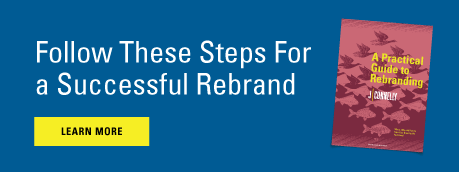
The workplace is much less formal than it used to be. The days when a man’s work uniform consisted of a dress shirt (preferably white), suit (charcoal grey or navy blue) and an old school tie, while women were expected to be in a dress or conservative suit and heels, are long gone in most corners of the business world, except for maybe banking, insurance and accounting. And good riddance!
Business casual may now be the norm in most offices, but that doesn’t mean anything goes, nor should it. In most states employers have a right to set reasonable dress codes and grooming guidelines that serve a legitimate business purpose.
How employees are dressed is the first sign of what a company stands for, so it’s important that dress codes correspond with the desired corporate culture.
A lot of workplace dress codes focus on what kind of message an employee’s appearance will send to others—“What would clients think?”—but that thinking overlooks a critical element: the effect of dress on self-perception.
How Attire Affects Cognition
Karen Pine, a researcher at the University of Hertfordshire and author of “Mind What You Wear,” says what we wear affects our mental processes and perceptions.
In the course of her study Pine asked some students to wear a Superman T-shirt. Surprisingly, dressing as the Man of Steel not only instilled more confidence, but the students said that it somehow made them feel stronger and superior to their peers in “normal” clothing. In another test, she split women into two groups and asked them to take a math test, wearing either a swimsuit or fully-dressed. The group with more clothing on did better on the test.
Thinking Outside of the Box
Related research was conducted last year by a team of psychological researchers from California State University, Northridge and Columbia University. They concluded that dressing up enhanced people’s ability to think abstractly.
Previous research had determined that politeness can increase abstract thinking.
Following up on that evidence, this team theorized that formal clothing achieves much the same thing.
They asked a group of students, in their everyday clothing to rate how formal their own attire was in comparison with the others in the group, and then take a series of standardized tests to measure their cognitive processing style. The students who felt their clothing was more formal showed stronger inclinations towards abstract thinking.
In another experiment, students were asked to bring both something they would wear to a job interview and something they would wear to class. Participants were randomly assigned to change into either their formal or their casual clothes and given a cognitive processing test to determine if they were more focused on the big picture (abstract thinking) or on the finer details (concrete thinking).
Those who were more dressed up tended to think more abstractly while those dressed more casually were more focused on the details.
Tailoring Office Attire Guidelines
Though the researchers who conducted these studies admit that their samples are too small to draw universal conclusions, the results should give employers and HR departments something to think about.
If your business requires employees to be focused on the finer details, like customer service, maybe every day should be casual Friday. Or possibly a little more formality might improve employee performance—maybe all those insurance companies, banks, and accounting firms are right about the suits and ties!
There are probably few business environments where a Superman t-shirt is going to be the appropriate attire, but I’m definitely going to consider wearing one under my street clothes à la Clark Kent on days when I need an extra boost of confidence.
Are you looking to refresh your brand beyond the dress code policy? Download our free ebook first:





Let’s Connect
Ready to build, grow, manage and protect your brand? Complete the form below to discuss how we can help.